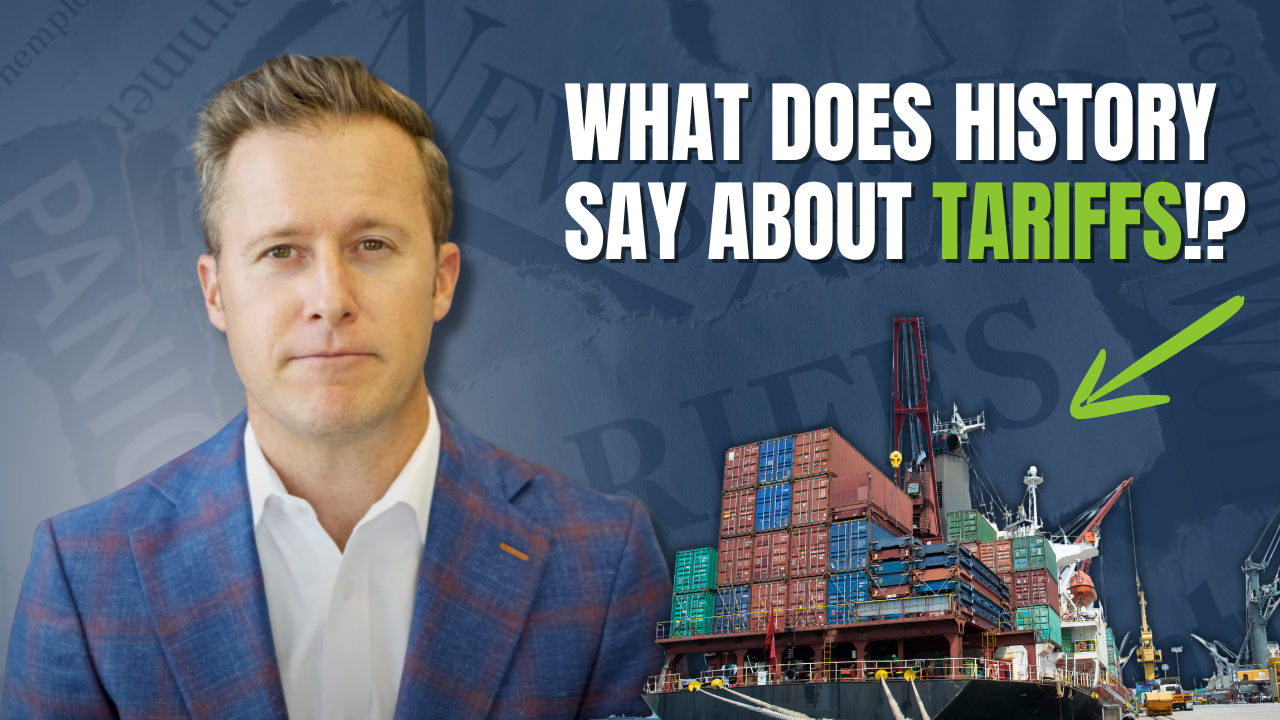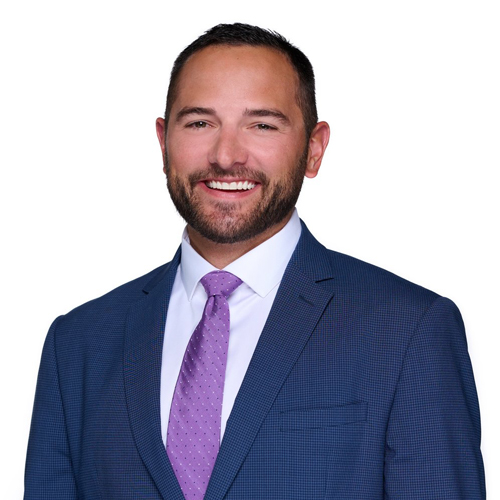A common misconception is that estate planning is for the very wealthy or the very old. In truth, anyone who has assets they wish to preserve, manage and pass on needs an estate plan. A good estate plan puts you in control of your money now and assures it will get to the right beneficiaries after your death with minimal stress and costs.
But how to do it?
Sharing your wealth is never as easy as it sounds. There are many factors to be considered if your intentions will be carried out as desired.
Following are the five stepstones and factors to keep in mind as you get started on your estate-planning journey.
Choose a Guide
Great care should be exercised in choosing the right trustee or institution to take care of your estate planning needs and carry out your wishes. While some put this onus on a family member or personal advisor, it is generally wiser to choose an independent third party who can provide appropriate estate planning and administrative management now and objectively address family and business conflicts in the future. A key word in your consideration should be “fiduciary.” That is, you want someone who has a legal obligation to do what is best for you, not what will create the most income for them. You’ll also want someone with experience in generational wealth management and knowledge of how to reduce costs, maximize outlays and ensure assets end up at their assigned destinations.
Consolidate Assets
Especially for those with financial interests and assets spread across industries and types of investment, consolidating assets as much as possible now can foster a better understanding of what you have and make the process of wealth transfer a lot easier. It can also remove unnecessary confusion and even enable a clearer view of growth opportunities. In addition, it can provide a better understanding of real net worth with organized, more comprehensive, and up-to-date assessment reporting. Consolidation also promotes more reliable valuations of both business and private assets and investments while lowering costs and streamlining significant aspects of financial and estate planning.
Consider Taxes
And this means all taxes, not only what you pay now but what could be assessed after your death. The latter group of wealth transfer levies includes all gift and estate taxes, as well as generation-skipping transfer assessments involving property handed on to a grandchild or great-grandchild. Keeping track of taxes to keep intentions on track is an ongoing task, as some of these charges are subjected to inflation and/or legislative change and together encompass a rather complicated array of exclusions and exemptions. As there are myriad tax-saving strategies you can take now and put in place later, you’ll need the help of someone who can assure you’re taking advantage of all that are applicable to your situation.
Contemplate the “What Ifs”
With estate planning, it’s easy to think of things in black or white, that is, life or death. It’s important, however, to consider gray areas, such as incapacitation and its potential impact on both financial needs and estate plans. In this case, such foresight involves creating customized documents appointing those you want to handle specific aspects of your financial and healthcare decisions during your incapacity. These and other related documents can include, but are not limited to:
- A durable power of attorney beneficiary designation (absent such a designation, the court will do it for you, adding unnecessary costs and delay)
- A financial power of attorney
- A healthcare proxy
- An advance directive
- A revocable living trust
- A will
- A guardian declaration
- Medical records release authorization
Circumvent Probate
A major factor in preserving the wealth to be transferred is the avoidance of probate. To ensure your intentions for your heirs and beneficiaries are carried out as specified, we would advise the creation of a living trust rather than a standard will and testament. While this action is more costly on the front end, it enables you to avoid the unnecessary costs involved in the process of probate. Simply put, under a living trust, not all of your assets will be under your name; however (and it’s a big however), you still retain control of your assets during your life. A living trust also is an extremely flexible document that can provide benefits on a variety of levels.
Conclusion
For all who wish to pass on what they’ve accumulated, all-encompassing estate planning is essential. With everything in order, assets can be maximized, taxes minimized, and legacies kept intact.













